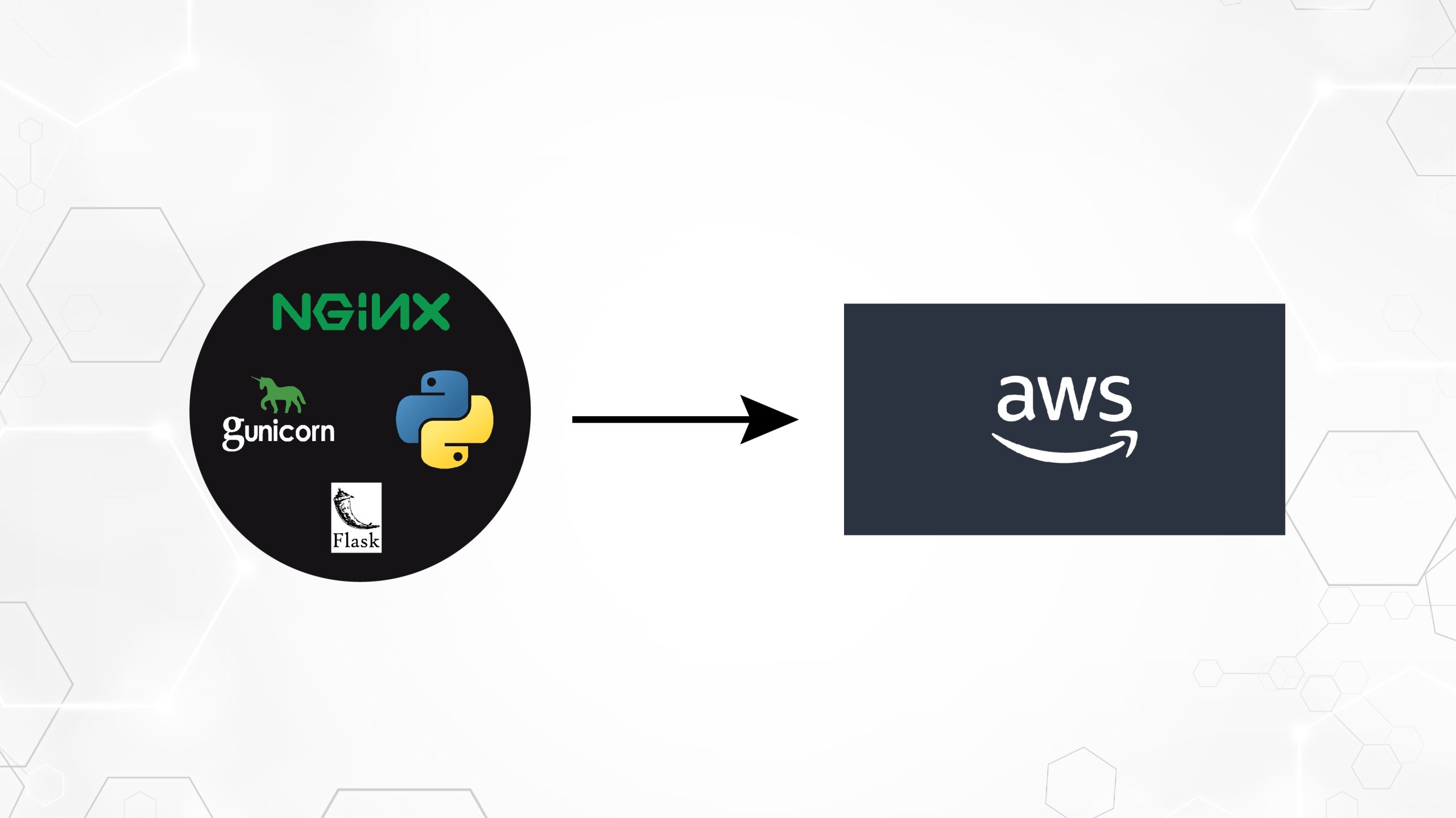Learn faster, dig deeper, see farther.
“The economic problem of society…is a problem of the utilization of knowledge which is not given to anyone in its totality.” —Friedrich A. Hayek, “The Use of Knowledge in Society”
In Silicon Valley, venture capitalists and entrepreneurs often embrace libertarian values but in reality, they tend to follow a central planning approach. Instead of striving to excel in the market, entrepreneurs compete for funding from the Silicon Valley equivalent of a Central Committee. This race to the top is no longer about having the best product or business model, but about securing the support of venture capitalists with the most resources. This support allows them to acquire customers quickly, often by offering services below cost. This strategy, referred to as “blitzscaling” by Reid Hoffman, is seen as a way to rapidly build highly valuable companies. However, this approach is criticized for leading to suboptimal outcomes rather than fostering genuine competition, innovation, and the creation of strong companies and markets.
Venture capitalists do not possess a crystal ball and centralizing entrepreneurial funding can influence markets independently of consumer preferences. Market discipline is postponed until later stages, such as an initial public offering. This delay allows founders and employees to cash out shares without facing public market scrutiny, which can distort market dynamics. This trend is exemplified in the ride-hailing industry, where the over-reliance on capital rather than consumer choice has resulted in a national duopoly with prices comparable to the previous regulated taxi market.
Contrasting this with the dot-com bubble era, where companies required minimal capital and faced intense competition, the current trend of concentrated funding can stifle innovation. Companies like Google, Facebook, and Amazon achieved profitability through sustainable business models and diligent investment in infrastructure. In contrast, some modern startups use capital to drive rapid growth without a clear path to profitability, leading to market consolidation and price increases.
In industries like artificial intelligence, where training large models requires significant capital, investors expect substantial returns. However, the race to build the largest models has led to unethical practices and market dominance by a few key players. This concentration of power limits opportunities for smaller startups and open-source efforts, hindering a healthy entrepreneurial ecosystem. The capital-fueled AI land grab, along with strategic partnerships with industry giants, raises concerns about fair competition and stifles innovation.
In conclusion, centralizing funding and relying heavily on capital can lead to market distortions, limit competition, and hinder innovation. True competition, innovation, and market growth require a diverse ecosystem of startups, healthy market dynamics, and a focus on sustainable business practices.
Source link






















